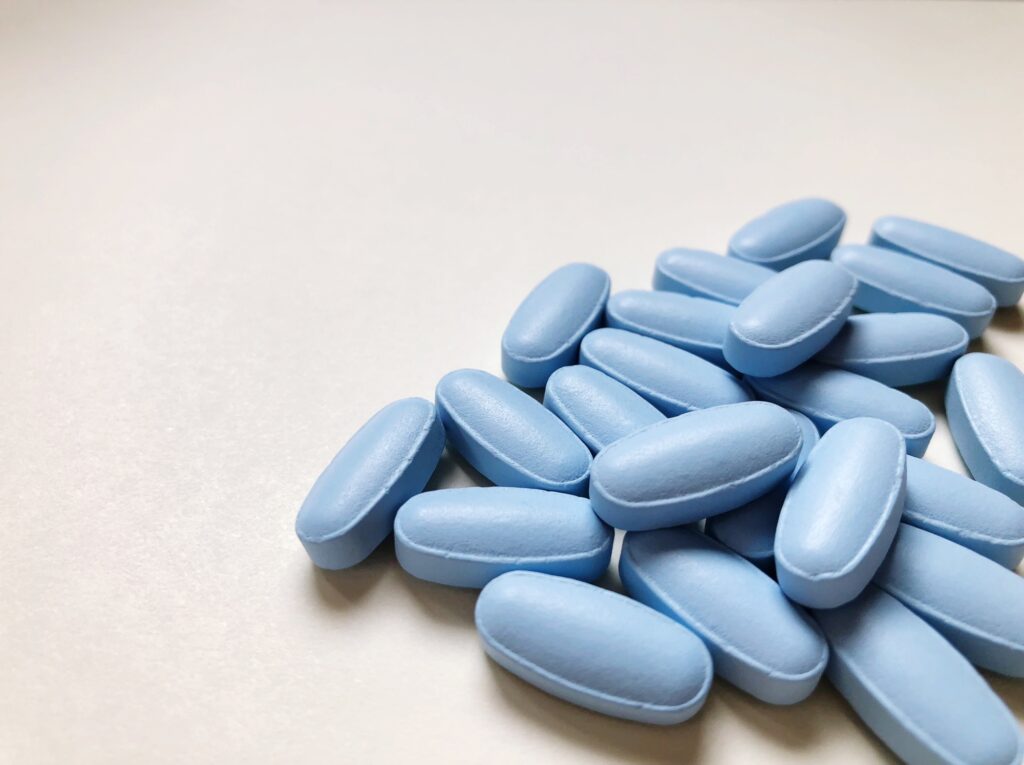While Zoloft (sertraline) is an effective treatment for many mental health conditions, it is not suitable for everyone. Certain individuals may experience serious side effects or health risks when taking this antidepressant medication. If you fall into any of the following categories, consult a healthcare provider before using Zoloft.
People Taking Monoamine Oxidase Inhibitors (MAOIs)
Zoloft should not be taken with monoamine oxidase inhibitors (MAOIs) such as phenelzine or tranylcypromine. Combining these medications can lead to serotonin syndrome, a potentially life-threatening condition characterized by rapid heart rate, confusion, and high fever.
Individuals with Bipolar Disorder (Without a Mood Stabilizer)
For those with bipolar disorder, taking Zoloft alone may trigger manic episodes, leading to heightened energy, impulsivity, and erratic behavior. A mood stabilizer should be prescribed alongside SSRIs to prevent these mood swings.
People with a History of Serotonin Syndrome
If you have previously experienced serotonin syndrome, taking Zoloft can increase the risk of a recurrence. This condition occurs when serotonin levels become too high, causing serious side effects such as muscle rigidity, sweating, and seizures.
Individuals with Severe Liver or Kidney Disease
Since Zoloft is metabolized by the liver and excreted through the kidneys, individuals with significant liver or kidney impairment may struggle to process the medication properly, leading to higher drug concentrations and increased side effects.
People Prone to Bleeding Disorders
Zoloft can increase the risk of bleeding, especially for those taking NSAIDs, ibuprofen, warfarin, or other blood-thinning medications. If you have a history of easy bruising, internal bleeding, or glaucoma, discuss alternatives with your healthcare provider.
Pregnant and Breastfeeding Women
While Zoloft is sometimes prescribed during pregnancy, it carries potential risks, such as withdrawal symptoms in newborns. Breastfeeding mothers should also consult their doctor, as Zoloft can pass into breast milk and affect the infant.
Children and Adolescents with Increased Risk of Suicidal Thoughts
Young adults, pediatric patients, and adolescents taking Zoloft may have an increased risk of developing suicidal thoughts, particularly when starting treatment. Close monitoring by a healthcare provider is crucial during the first few months of use.
People with Allergies to Sertraline or its Ingredients
If you have a known allergic reaction to sertraline or any of its inactive ingredients, you should avoid taking Zoloft. Symptoms of an allergic reaction include hives, difficulty breathing, and severe swelling.
Individuals Taking Certain Medications or Supplements
Zoloft may interact with over-the-counter drugs, herbal supplements like St. John’s Wort, or other prescription medications like pimozide, which can cause dangerous heart rhythm abnormalities. Always inform your doctor about all medications you’re taking.
















